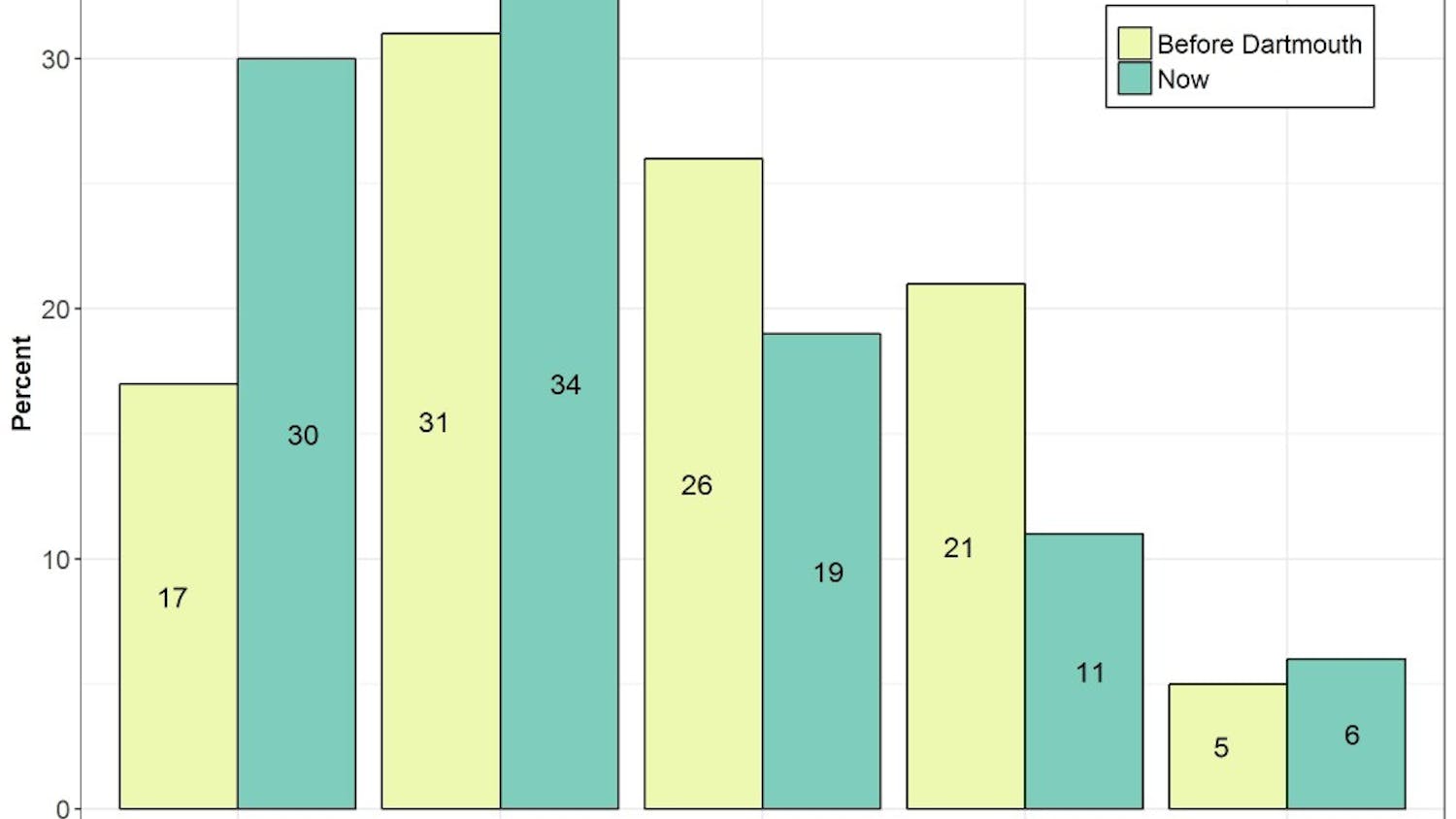Why do we gravitate towards certain forms of entertainment at certain times? My millennial generation witnessed the rise of the dystopian novel and the rapid growth of the horror television genre. Is there a particular reason my generation identifies so strongly with these forms of leisure activities that shock and disturb us?
My love for dystopian novels was sparked when I voraciously read “The Hunger Games” by Suzanne Collins in seventh grade alongside millions of other preteens and teenagers around the world. I didn’t realize the significance at the time, but the novel came out in 2008. For decades, the idea that hard work would create success guided how people interacted with the workplace. However, when the housing market crashed, this ideal crumbled. Median incomes dropped by 3.6 percent, unemployment skyrocketed to 10.2 percent, home prices dropped by 18 percent and the stock market lost approximately 50 percent of its value as American households suffered severe financial strain. As many as 20 percent of American voters believed the American Dream was dead as they watched the traditional pillars of American life collapse.
This was the environment that many millennials grew up in. But books like “The Hunger Games,” “Divergent,” “The Maze Runner” and many more after them pictured a world far different from the one we saw around us. Back then, I simply viewed these stories as interesting forms of entertainment; I didn’t look at the deeper meaning behind why these stories were so popular in general. Now, however, I can look back and see more reasons why novelists wrote in this style: readers needed a way to escape from the harsh reality of the world around them. I believe that burgeoning disillusionment with the world after 2008 has caused the massive popularity of these novels.
Recent research into teenage psychology suggests some possible ways this link between the 2008 housing crash and escapism through horror could occur. Studies find that rates of depression generally increased after 2008, and binge-watching television, such as horror, has been linked to depression. Teenagers also suffer from poor regulation of their emotions when they grow up in chaotic or financially strained households; binge-watching is sometimes used to compensate. Through these factors, it can be inferred that interest in the horror genre, which creates a different world than the one in which depressed people feel out of place, could easily be driven by the escapism and emotional damage that the 2008 housing crash left in its wake.
But after a while, words were no longer enough to sweep many my age into these different worlds we craved: we needed the visual and auditory stimuli that the influx of technology we grew up with accustomed us to. The rise in horror and dystopian entertainment filled this need. Now, the top T.V. shows on Netflix include “Black Mirror,” “Dexter” and “American Horror Story.” These shows purposefully leave us disturbed and in an utterly different world for short amounts of time.
This desire to escape echoes the rise in phenomena that many millennials feel are out of their control. Eighty-seven percent of millennials are personally concerned by climate change, only 33 percent of millennials supported Donald Trump in 2018, 40 percent of unemployed workers are millennials and nearly half of millennials say their education was not worth the crushing student-loan debt.
These developments all hit close to home but can seem too out of reach to change. As a result of this helplessness, people watch horror as a means to absorb themselves in something so shocking that they forget about their problems with no easy solutions. Television and movies provide the full experience our brains work to create from books: The visual and auditory aspects are all laid out for us so we only need to point our eyes at the screen. This lack of effort is also key for gaining our attention — these deeper problems require a lot of brainpower to even think about, and T.V. requires the least amount of brainpower possible.
But if entertainment changes with the times, how long will this infatuation with dystopia last? Will horror simply get more and more disturbing, addicting millennials more and more to think about something, anything, other than the world around them? Or will my generation actually build up enough resolve to attempt to solve these problems that horror allows us to forget about for a while? While “Black Mirror” may seem riveting in the moment, in the long run, watching another universe will not change our own. It is up to us to take action so our world does not become the dystopia that we see on the screen. Time will tell whether we actually internalize what we watch, but for the foreseeable future, horror is an enticing escape from the reality around us.


